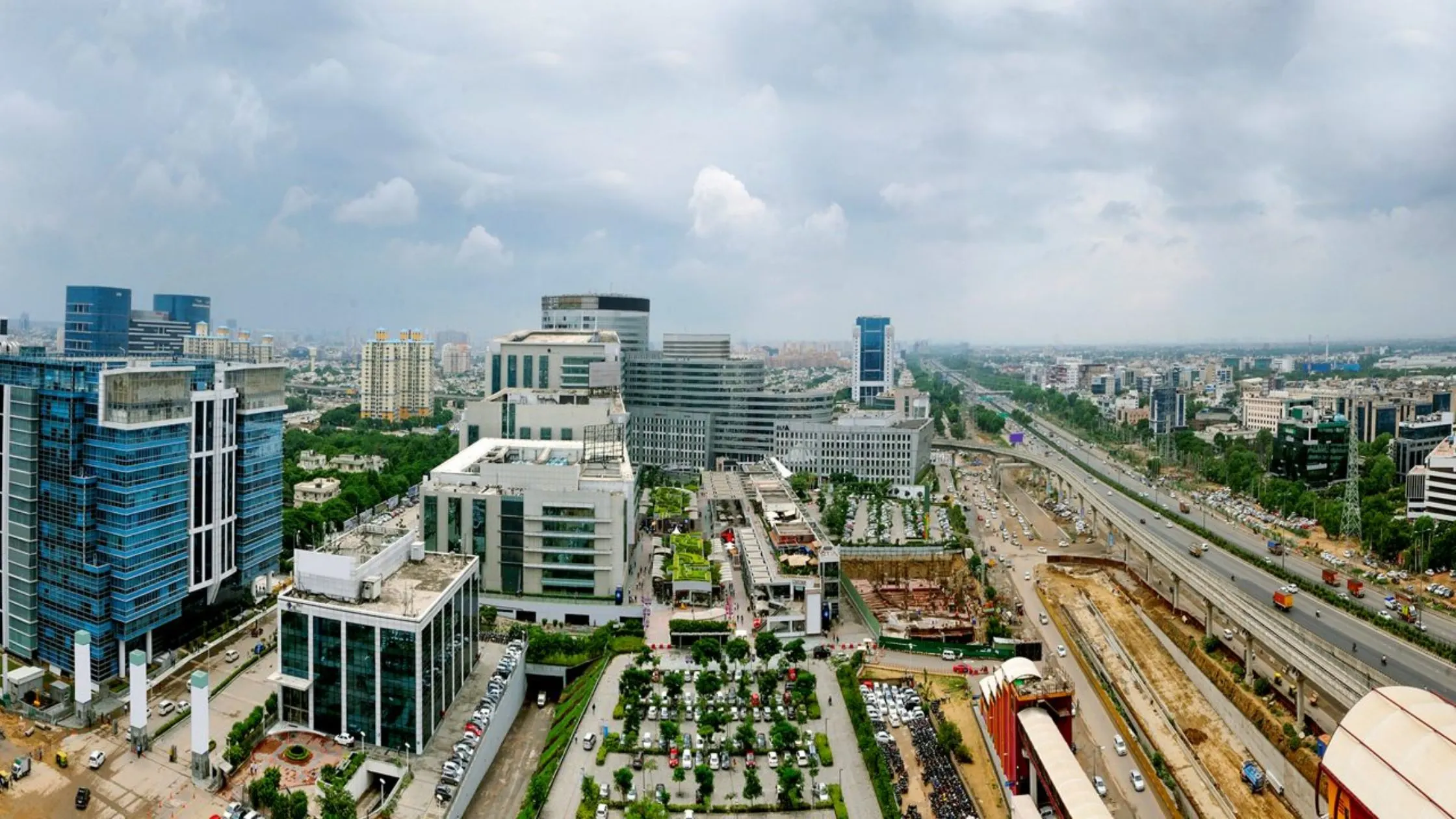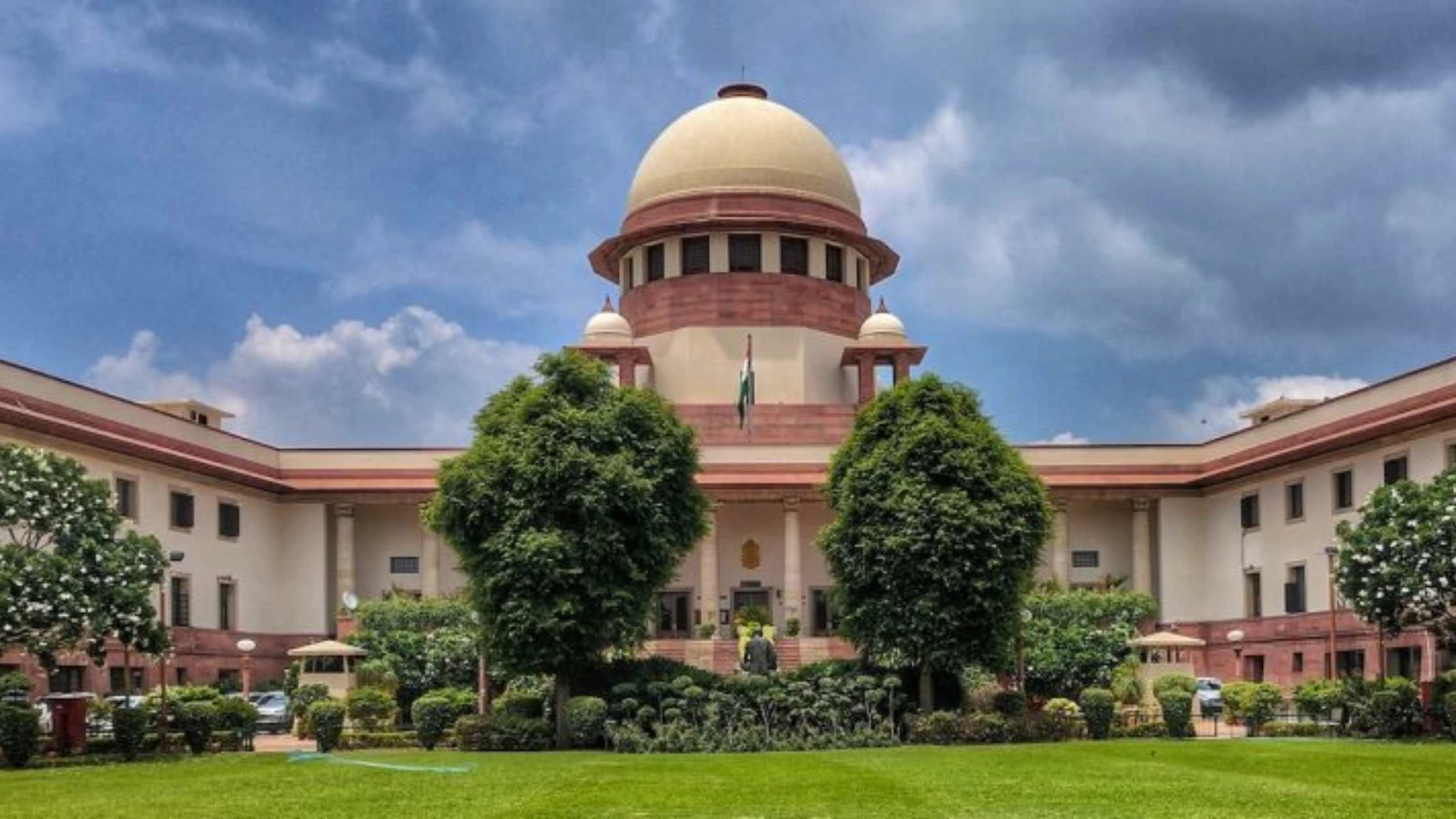Table of Content
▲
The Government of India has issued a fresh advisory to states regarding the Smart Cities Mission (SCM), underscoring the importance of sustaining its achievements. The advisory calls for integrating Special Purpose Vehicles (SPVs) and Integrated Command and Control Centres (ICCCs) into long-term urban governance frameworks, enabling their continued contribution to urban development.
Smart Cities Mission: Transforming Urban India
Launched in 2015, the Smart Cities Mission aimed to promote sustainable and inclusive urban development. With a budget of ₹48,000 crore, it set ambitious goals to enhance the quality of life through technology-driven solutions. As of March 2025, over 93% of the 8,000+ projects under SCM have been completed, with nearly 99.44% of the allocated funds disbursed. This mission has marked a significant milestone in India’s urban evolution, addressing challenges of urbanization while fostering economic growth.
Highlights of the New Advisory
The recently issued advisory outlines a strategic roadmap for the next phase of SCM. Key recommendations include:
1. Integration into Governance Frameworks:
SPVs and ICCCs should be seamlessly incorporated into state and city governance structures to ensure their operational sustainability.
2. Repurposing SPVs:
SPVs are envisioned as agile, multi-functional entities capable of addressing emerging urban challenges. They can assist in project structuring, stakeholder coordination, and managing analytics systems.
3. Leveraging ICCCs:
ICCCs are encouraged to function as city operating systems and analytical hubs, with operational control remaining under urban development departments. They can support cities in managing data, analytics, and cyber hygiene.
4. Economic Role of SPVs:
The advisory emphasizes positioning SPVs to drive economic development by offering consultancy services and facilitating seamless project execution.
Also Read: Yeida Sets Land Rates for Agricultural Acquisition Near Noida Airport
Achievements and Challenges
The mission has showcased a mixed bag of success across cities. While over 93% of projects have been completed, the outcomes vary. Key successes include the establishment of ICCCs in several cities, efficient traffic management systems, and digital governance solutions. However, challenges such as delays in project execution and uneven implementation rates in certain states persist.
Financial Impact
The Centre has disbursed nearly all of the ₹48,000 crore allocated for SCM, reflecting its commitment to urban development. The investments have led to significant improvements in infrastructure, technological advancements, and citizen-centric services. However, ensuring efficient utilization of funds across all states remains critical.
Implications of the Advisory
The Centre's advisory aims to sustain and expand the benefits of SCM, fostering a new era of urban development:
- Sustainability:
Integrating SPVs and ICCCs into governance will ensure long-term viability of mission initiatives. - Service Delivery:
Enhanced data systems and analytics through ICCCs can improve urban service delivery. - Economic Growth:
SPVs acting as consultancy agencies can generate revenue and drive city-level development.
Conclusion
The Smart Cities Mission has been a transformative initiative in India’s urban development journey, significantly improving infrastructure and quality of life in participating cities. The Centre’s advisory provides a strategic framework for states to build on the mission’s success, ensuring its gains are not only preserved but also expanded. By integrating SPVs and ICCCs into broader governance frameworks, India is poised to address future urban challenges with resilience and innovation.
As cities evolve, the lessons learned and systems established under SCM will serve as a cornerstone for India’s urban development strategy, paving the way for a smarter and more sustainable future.
Follow AquireAcers WhatsApp Channel to Stay Updated With The Latest Real Estate News

_1749624558.webp)




Ans 1. The Smart Cities Mission, launched in 2015, is an initiative by the Government of India to promote sustainable and inclusive urban development. It aims to improve the quality of life in cities by addressing urbanization challenges through technology-driven solutions, with a focus on enhancing infrastructure, governance, and citizen-centric services.
Ans 2. The government’s fresh advisory emphasizes sustaining the achievements of the Smart Cities Mission. It aims to integrate the mission's components, such as Special Purpose Vehicles (SPVs) and Integrated Command and Control Centres (ICCCs), into state and city governance structures. This ensures that the progress made under the mission continues to contribute to long-term urban development.
Ans 3. SPVs are organizations set up under the mission to implement and manage projects in individual cities. They are designed to be agile and multifunctional, capable of addressing various urban challenges, coordinating with stakeholders, and managing analytics systems to facilitate efficient urban governance and project execution.
Ans 4. ICCCs are central to the mission's technology-driven approach. These centers function as hubs for data management, analytics, and operational control, supporting cities in managing traffic, public safety, and cyber hygiene. They enhance urban service delivery and ensure efficient governance by acting as city operating systems.
Ans 5. As of March 2025, over 93% of the 8,000+ projects under the Smart Cities Mission have been completed. Nearly 99.44% of the allocated ₹48,000 crore has been disbursed. These figures highlight the mission's success in achieving its goals of urban transformation.
Ans 6. Despite its successes, the mission has encountered several challenges, including delays in project execution and uneven implementation rates across states. Additionally, ensuring the efficient utilization of funds remains a critical concern for achieving uniform progress.
Ans 7. The advisory recommends integrating SPVs and ICCCs into broader governance frameworks to ensure their sustainability. It suggests repurposing SPVs to handle emerging urban challenges and leveraging ICCCs as operational and analytical hubs. The focus is also on positioning SPVs to drive economic growth by offering consultancy services and facilitating seamless project management.
Ans 8. The advisory aims to build on the Smart Cities Mission's successes by embedding its systems into the governance fabric of cities. This approach ensures that the mission’s initiatives remain operational and effective, fostering resilience, innovation, and sustainability in urban areas.
Ans 9. The mission has significantly advanced urban infrastructure, integrated technology into city management, and improved the quality of life in participating cities. By addressing urban challenges and promoting sustainable growth, the Smart Cities Mission has set a benchmark for urban development in India.
Ans 10. The long-term vision involves embedding SPVs and ICCCs into state and municipal governance frameworks. This ensures their operational longevity and enables them to evolve as dynamic entities capable of tackling future urban challenges while contributing to economic and technological growth.